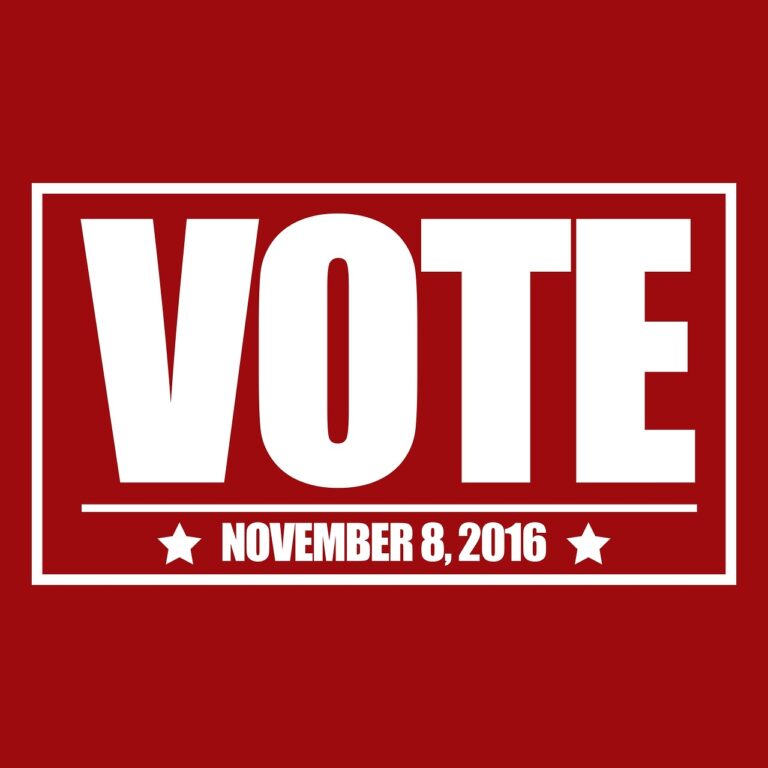Civic Tech: Empowering and Engaging Voters
Civic tech plays a crucial role in enhancing democratic processes by increasing citizen participation and government transparency. Through various digital tools and platforms, individuals can access information, engage with policymakers, and voice their concerns. This fosters a more inclusive and accountable decision-making process, ultimately strengthening the foundation of democracy.
Furthermore, civic tech enables governments to improve service delivery, streamline operations, and gather valuable data for evidence-based policymaking. By leveraging technology, public institutions can enhance efficiency, responsiveness, and accessibility, leading to a more effective governance system. Overall, the integration of civic tech in democracy not only empowers citizens but also contributes to the overall health and functionality of democratic societies.
Civic tech increases citizen participation and government transparency
Digital tools allow individuals to access information, engage with policymakers, and voice concerns
Enhances inclusive and accountable decision-making processes in democracy
Governments can improve service delivery, streamline operations, and gather valuable data for evidence-based policymaking
Technology helps public institutions enhance efficiency, responsiveness, and accessibility
Integration of civic tech empowers citizens and contributes to the overall health of democratic societies
Understanding Voter Engagement
Voter engagement is a crucial aspect of participatory democracy. It is the active involvement of citizens in the electoral process, from registering to vote to casting their ballots on Election Day. When citizens are engaged in the voting process, they have the opportunity to have their voices heard and influence decisions that impact their lives and communities.
High voter engagement is indicative of a healthy democracy, as it reflects the level of interest and participation of the electorate. Factors such as accessibility to voting information, ease of voter registration, and voter turnout rates all play a role in measuring voter engagement. Ultimately, a well-informed and actively engaged electorate is essential for a democracy to function effectively and represent the interests of its citizens.
How Technology Can Empower Voters
Technology has the power to empower voters by providing them with easy access to information about candidates, policies, and voting processes. With the click of a button, individuals can educate themselves on various political issues and make informed decisions at the polls. This accessibility to information not only increases voter knowledge but also encourages active participation in the democratic process.
Furthermore, technology facilitates voter engagement through platforms that allow citizens to connect with elected officials, participate in online discussions, and even organize grassroots campaigns. Social media, in particular, has become a powerful tool for mobilizing voters and raising awareness about important political issues. By leveraging technology, voters can amplify their voices and collectively drive positive change in their communities.
What is civic tech and why is it important in democracy?
Civic tech refers to the use of technology for the purpose of enhancing the relationship between citizens and government. It is important in democracy as it can increase transparency, improve access to information, and strengthen civic engagement.
How can technology help improve voter engagement?
Technology can help improve voter engagement by making it easier for people to register to vote, access information about candidates and issues, and find their polling locations. It can also facilitate communication between voters and elected officials.
What are some examples of how technology can empower voters?
Some examples of how technology can empower voters include online voter registration systems, websites and apps that provide information on candidates and ballot measures, and social media platforms that allow for discussion and debate on political issues.







